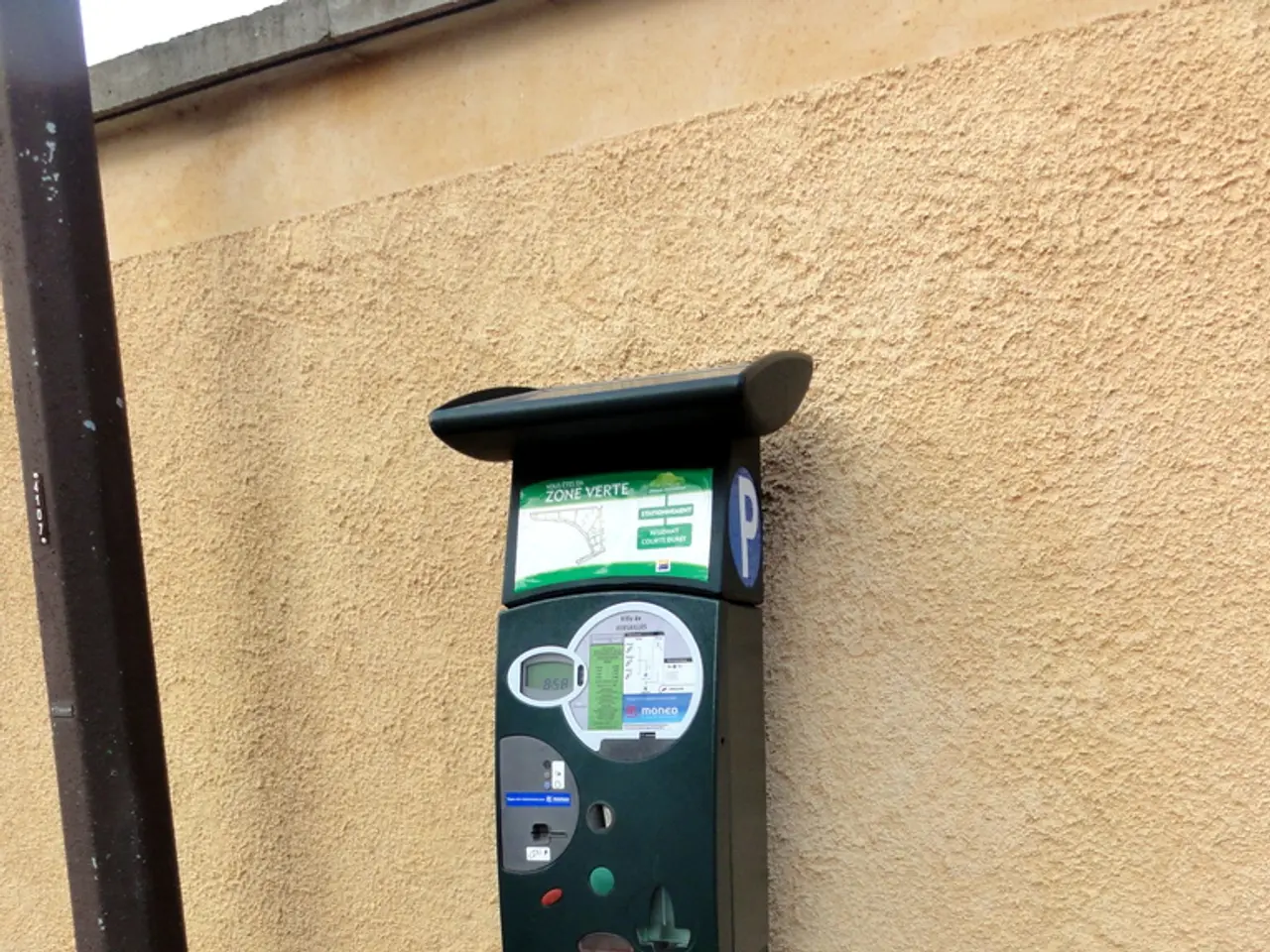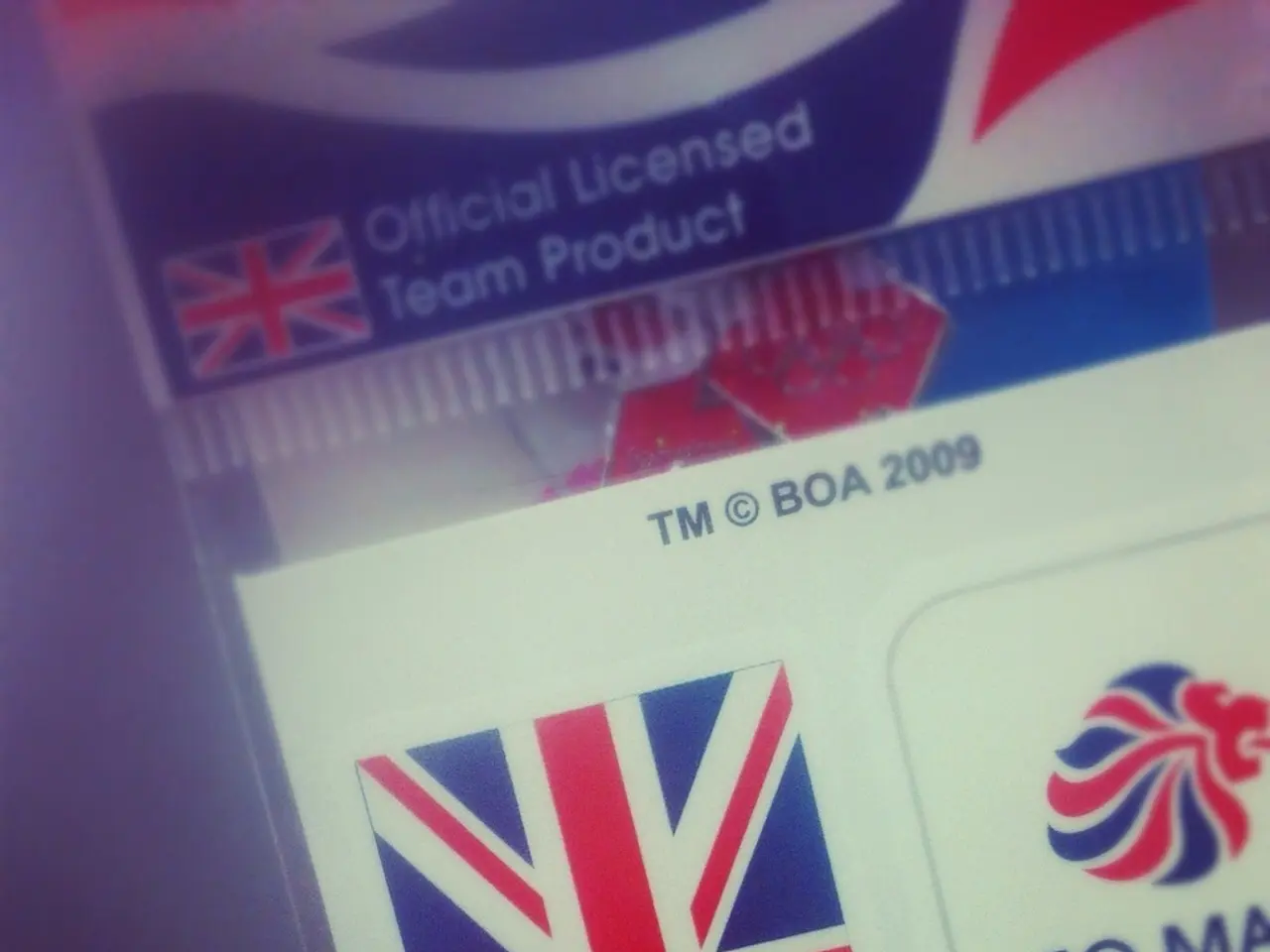New Zealand Implements Countrywide Ban on Cryptocurrency ATMs to Bolster Anti-Money Laundering Policies
In a significant move to bolster its anti-money laundering (AML) and counter-terrorism financing (CTF) efforts, New Zealand has announced a ban on cryptocurrency automated teller machines (ATMs) [1][3][4][5]. This decision targets the vulnerability of crypto ATMs to criminal exploitation, aiming to disrupt money laundering and organized financial crime by closing loopholes that allow easy conversion of cash into high-risk assets like cryptocurrencies.
With over 221 crypto ATMs currently operating in New Zealand, all must be removed once the ban takes effect [1][3]. The Associate Justice Minister, Nicole McKee, has emphasized that crypto ATMs are commonly used by criminals to convert cash anonymously into cryptocurrency, facilitating illicit activities such as drug trafficking and weapons purchases. She highlighted a case where crypto was used to buy over 100 kilograms of meth, and a total of $107 million laundered through criminal organizations [5][1].
To further disrupt the flow of illicit funds, New Zealand has also imposed a NZ$5,000 cap on international cash transfers [1][3].
This policy follows similar actions by neighbouring Australia, which recently introduced limits on crypto ATM transactions to curb misuse [1].
The New Zealand government's rationale for the ban is not about lowering standards but about smartly redistributing regulatory resources [2]. The reforms in New Zealand were developed in consultation with industry stakeholders, and the government is also simplifying reporting for small entities with limited exposure to financial crime.
The government is also relaxing due diligence obligations for low-risk trusts and removing address verification for many low-risk customers [2]. International watchdogs such as the FATF are putting pressure on nations to close loopholes in crypto transactions, and New Zealand's move is likely to be emulated [6].
The ban on Crypto ATMs is part of a broader reform of the AML/CFT framework and is considered one of the most aggressive stances taken by a region in relation to crypto ATMs [1][7]. Some providers, like CoinFlip (with around 120 ATMs in New Zealand), view the ban as a "step backward" that overlooks the potential of regulated crypto infrastructure. They advocate for smarter regulations incorporating measures such as wallet pinning, photographic records, pre-transaction monitoring, and real-time scam warnings to combat illegal activity without eliminating legitimate use [5].
New Zealand's new policy could serve as a model for other Asia-Pacific countries facing similar tensions between innovation and risk control. Strict controls around anti-money laundering policies are being put in place in various countries, with Singapore, the UK, and Canada already tightening regulation around digital asset businesses [6].
The Financial Intelligence Unit (FIU) in New Zealand has been granted enhanced powers under the AML/CFT Act, allowing for constant data requests from banks, crypto exchanges, and other monitored parties on persons of interest [3]. As of early 2025, there were more than 1,600 crypto ATMs in Australia compared to just 23 in 2019 [8].
In summary, New Zealand’s ban on crypto ATMs reflects a government-led effort to combat financial crimes by making it harder for criminals to anonymously convert physical cash into cryptocurrency, closing an identified loophole in the nation’s financial crime defenses [1][4][5].
- The ban on crypto ATMs in New Zealand targets their common use by criminals for anonymous conversion of cash into cryptocurrency, thereby disrupting illegal activities such as drug trafficking and weapons purchases.
- The government's decision to impose a NZ$5,000 cap on international cash transfers is another measure aimed at disrupting the flow of illicit funds.
- Crypto exchanges, along with banks, are now subject to constant data requests from the Financial Intelligence Unit (FIU) in New Zealand under the AML/CFT Act.
- Some crypto providers view the New Zealand ban on crypto ATMs as a step backward, arguing for smarter regulations that incorporate measures like wallet pinning, photographic records, and real-time scam warnings.
- Strict controls around anti-money laundering policies, as seen in New Zealand's new stance, could serve as a model for other Asia-Pacific countries, with Singapore, the UK, and Canada already tightening regulation around digital asset businesses.



